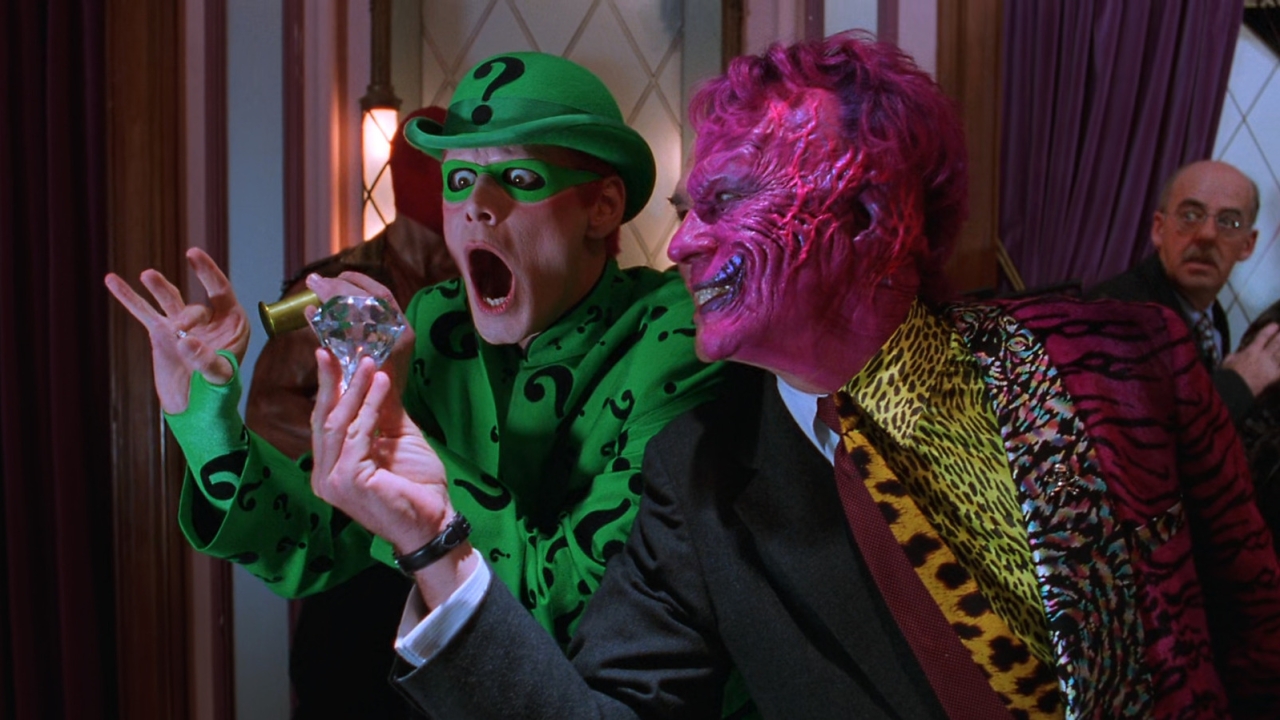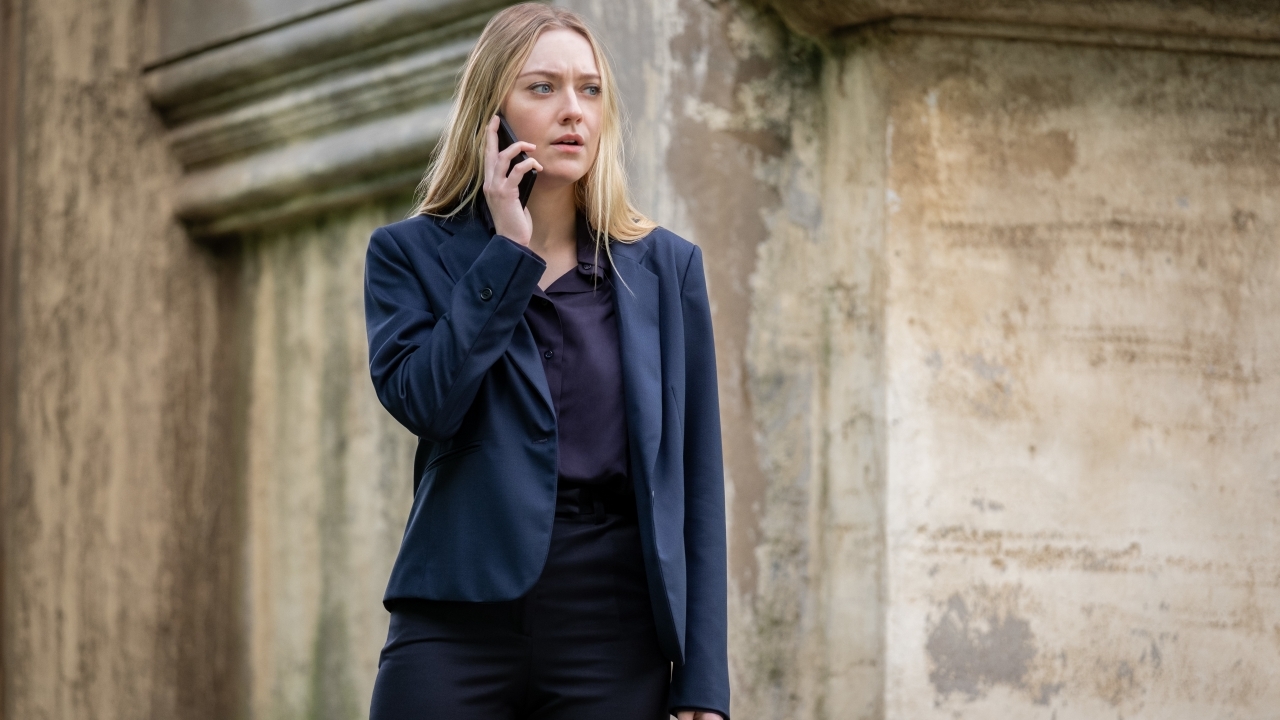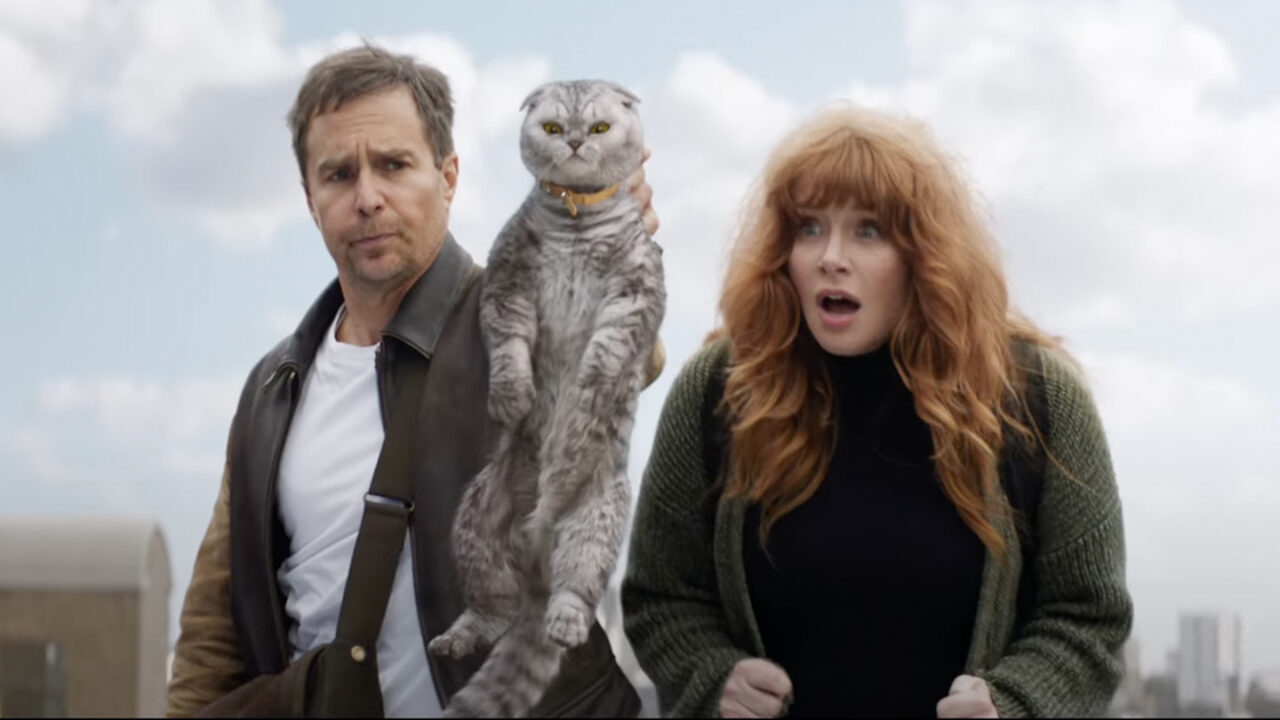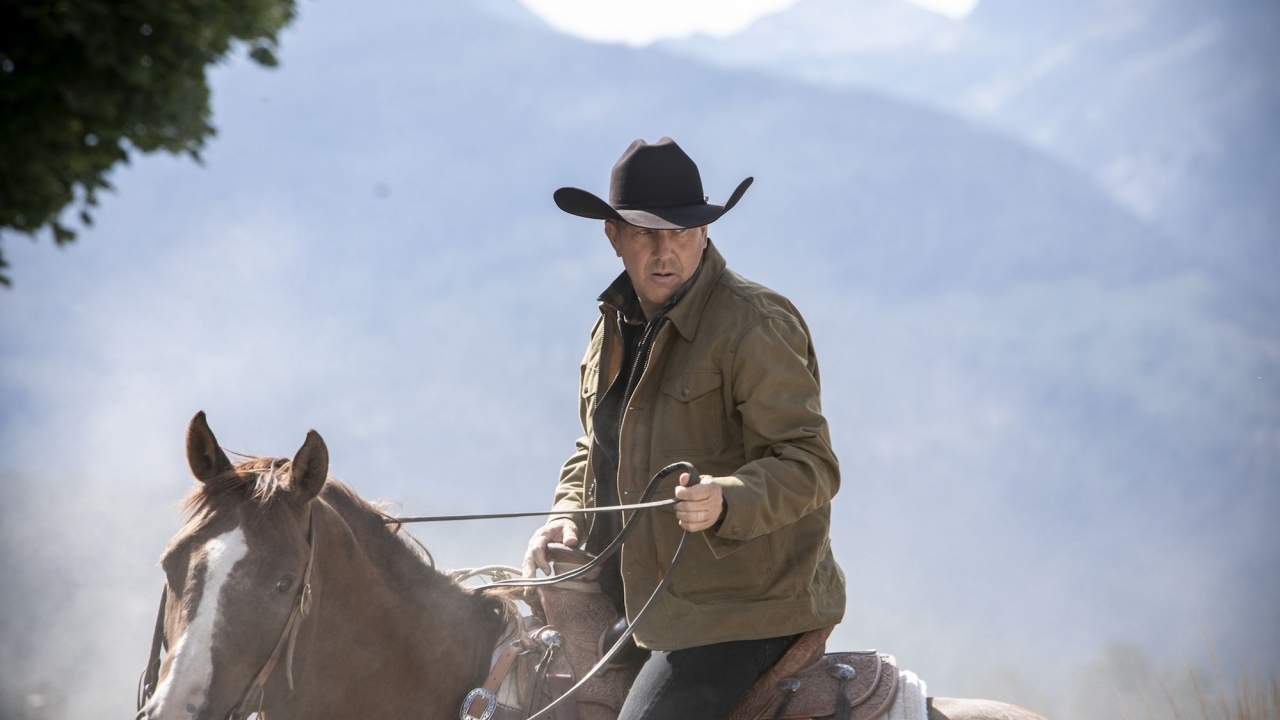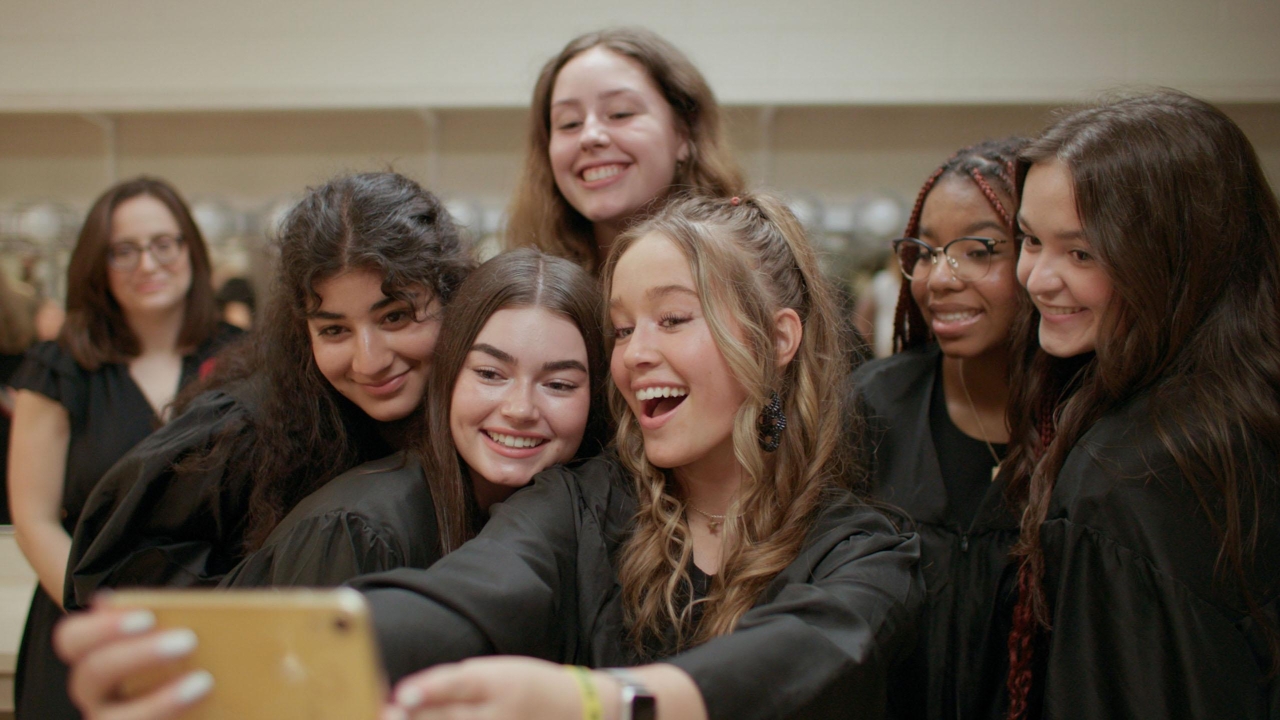"Exploring the Impact of the Controversial Scene in Wild Things"
News - 9 December 2023
 Years ago, an article was published discussing a memorable scene featuring Phoebe Cates in Fast Times at Ridgemont High, which was frequently paused by viewers. This article explored the impact of the scene and its lasting impression on audiences. Similarly, there is a moment in the film Wild Things that has also left a significant mark on viewers.
Years ago, an article was published discussing a memorable scene featuring Phoebe Cates in Fast Times at Ridgemont High, which was frequently paused by viewers. This article explored the impact of the scene and its lasting impression on audiences. Similarly, there is a moment in the film Wild Things that has also left a significant mark on viewers.Released in 1998, Wild Things is an American crime film directed by John McNaughton. The movie is known for its intricate plot twists, requiring viewers to pay close attention in order to fully grasp the story. Despite the complexity of the narrative, one particular scene involving two female characters has become unforgettable.
nnThe plot of Wild Things revolves around Sam Lombardo, portrayed by Matt Dillon, a popular teacher at a local school. Kelly, played by Denise Richards, is a student who becomes infatuated with Lombardo and attempts to seduce him. However, Lombardo rejects her advances, leading to Kelly falsely accusing him of rape.
To further strengthen her case, another student named Suzie Toller, played by Neve Campbell, also alleges that she was sexually assaulted by Lombardo. The two girls band together to seek revenge against Lombardo, but there may be hidden motives at play.nnA pivotal moment in the film occurs when Suzie and Kelly find themselves alone in a swimming pool.
Initially engaging in a physical altercation, the two characters unexpectedly transition into a kiss. Campbell, reflecting on the scene, admitted, "I found the experience of filming that scene enjoyable. We both engaged in a bit of liquid courage beforehand, which helped to ease any nerves.
" She also mentioned that this was her first time kissing another woman, providing her with a unique opportunity for self-discovery.nnRichards, on the other hand, had a different perspective on the scene. Recalling the late-night shoot, she confessed, "I remember sitting in that pool at 4 am, feeling exposed and questioning my decisions.
" Despite her reservations, Richards agreed to film the scene topless, while Campbell opted not to do so. The divergent reactions of the two actresses highlight the varying experiences they had while filming this controversial moment.nnThe feedback from both Campbell and Richards sheds light on the challenges and rewards of portraying complex characters in provocative scenes.
Campbell's openness to trying new things and exploring different sides of herself demonstrates the growth and self-awareness that can arise from engaging in artistic endeavors. On the other hand, Richards' internal conflict and vulnerability during the shoot underscore the emotional toll that such scenes can take on actors.nnIn addition to the actresses' personal reflections, the scene in question has sparked discussions about representation and storytelling in film.
The decision to include a same-sex kiss between two female characters in Wild Things raised eyebrows and prompted dialogue about the portrayal of LGBTQ+ relationships on screen. While some viewers may view the scene as sensationalized or exploitative, others applaud the film for pushing boundaries and challenging societal norms.nnOverall, the scene in Wild Things involving Suzie and Kelly serves as a reminder of the power of cinema to evoke strong emotions and provoke meaningful conversations.
By delving into themes of manipulation, betrayal, and identity, the film forces audiences to consider the complexities of human relationships and the blurred lines between truth and deception. Whether viewers praise or critique the scene, its impact on popular culture and cinematic history is undeniable.nnIn conclusion, the scene in Wild Things featuring Neve Campbell and Denise Richards marks a significant moment in film history.
As viewers continue to revisit and analyze this scene, its legacy remains intact as a provocative and thought-provoking element of the movie. By exploring the personal experiences of the actresses involved, as well as the broader implications of the scene within the context of the film industry, we gain a deeper understanding of the complexities of storytelling and representation in cinema. Ultimately, the scene in Wild Things exemplifies the enduring power of film to challenge, inspire, and captivate audiences worldwide.
